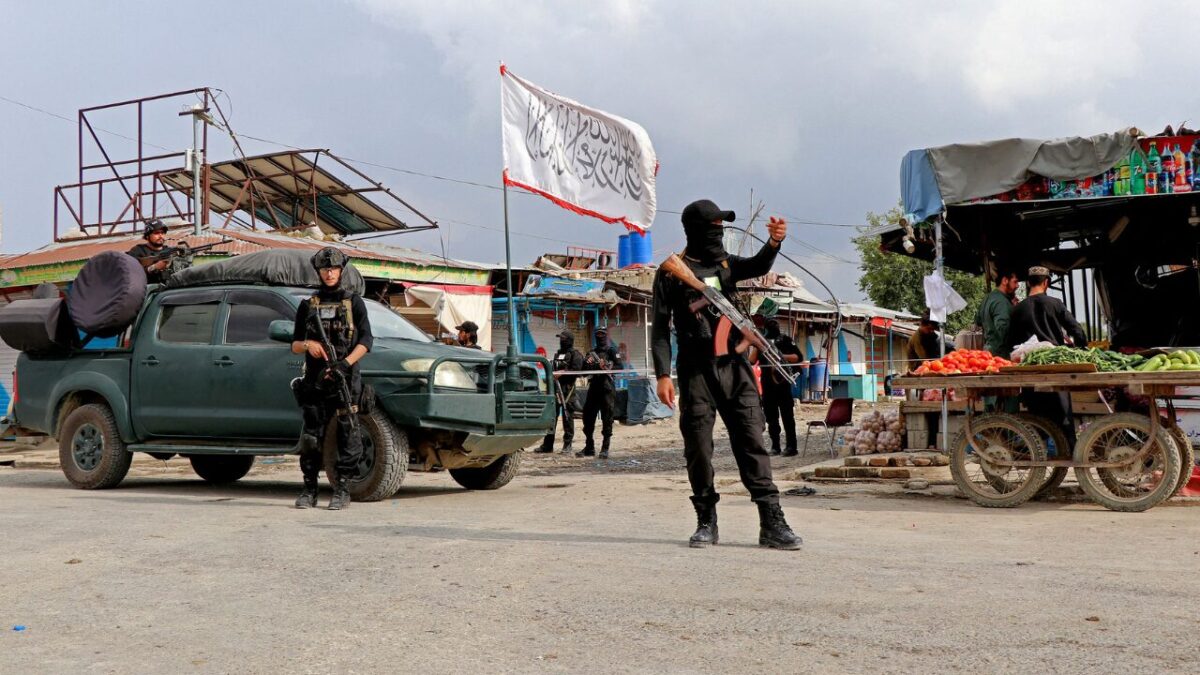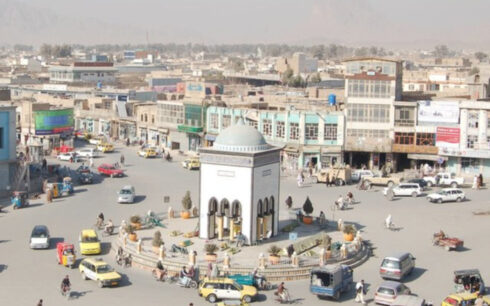KABUL — Human Rights Watch has warned that additional requests for arrest warrants may be filed against Taliban leaders following their decision to withdraw Afghanistan from the Rome Statute, the treaty that established the International Criminal Court (ICC).
The rights organization said the Taliban’s systematic repression of women constitutes not only a human rights violation but an international crime subject to prosecution by global judicial bodies.
“The Taliban are accused of the widespread and systematic persecution of women and girls on the basis of gender, and it is possible that additional requests for arrest warrants will be submitted for other leaders involved in these crimes,” Human Rights Watch said in a statement.
Heather Barr, associate director of the group’s women’s rights division, suggested that the ICC prosecutor may be preparing further legal action.
“The prosecutor may be reviewing similar requests for arrest warrants against other Taliban leaders implicated in these crimes,” she said. “This would be a significant step for the ICC, as it would send a clear message that the repression of Afghan women and girls is not just a human rights violation but an international crime.”
The Taliban, which announced its withdrawal from the Rome Statute on Tuesday, maintains that the ICC has no legal authority over Afghanistan. The move follows an earlier request from the ICC prosecutor seeking arrest warrants for the Taliban’s supreme leader and the head of its supreme court.
The decision has drawn condemnation from Afghan women’s rights activists, who have called for Taliban leaders to be held accountable for widespread human rights abuses. They argue that leaving the Rome Statute should not shield the group from prosecution.
“Rejecting the Rome Statute is not new for the Taliban. From the very beginning, they have acted with impunity,” said Masouda Kohistani, a human rights activist. “Their policies have driven millions to flee the country, while those who remain live under psychological and emotional distress. Afghans are enduring a slow, daily death, with no hope for the future.”
Women who have been barred from work and education under Taliban rule have also urged the international community to act.
“The Taliban’s attempt to escape accountability for their crimes against women is a blatant human rights violation,” said a resident of Badghis province. “The international community must not allow them to evade justice. We want an end to three years of suffering and repression.”
The Rome Statute, adopted in 1998, established the ICC, which is tasked with prosecuting four core international crimes: genocide, crimes against humanity, war crimes, and crimes of aggression.
Afghanistan joined the treaty in 2003 under then-President Hamid Karzai. The Taliban’s withdrawal has cast uncertainty over efforts to hold its leaders accountable on the international stage.





